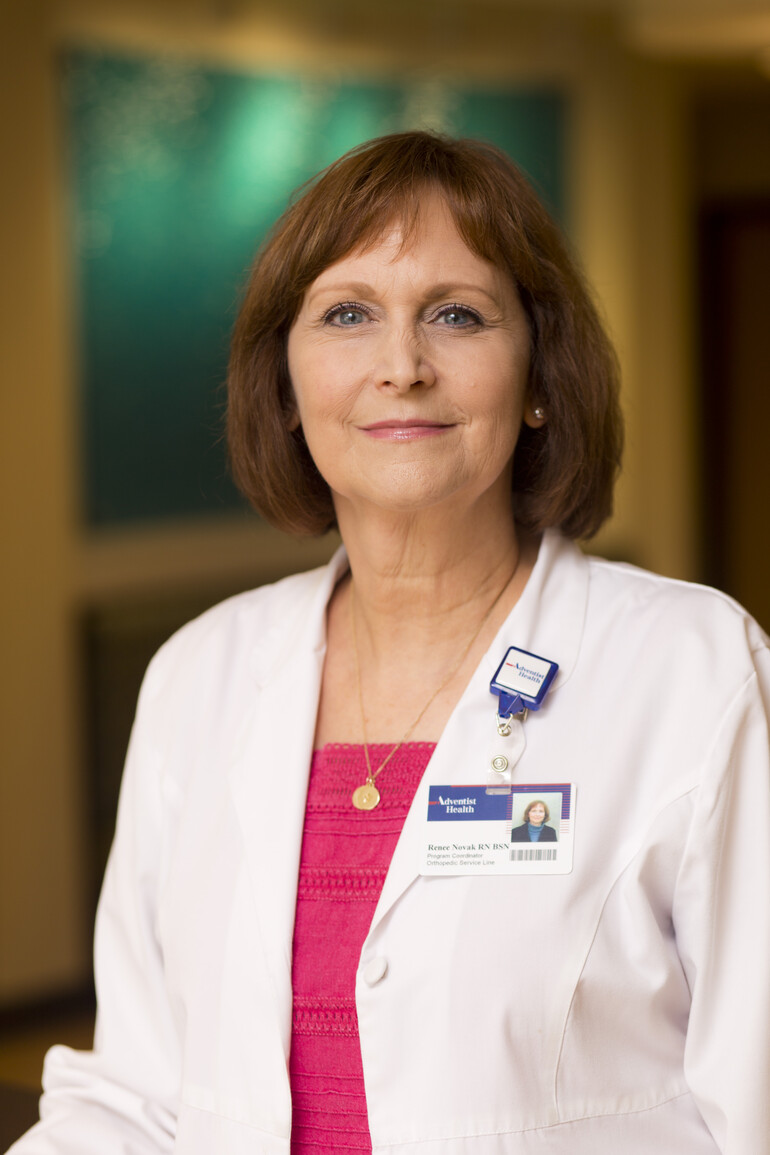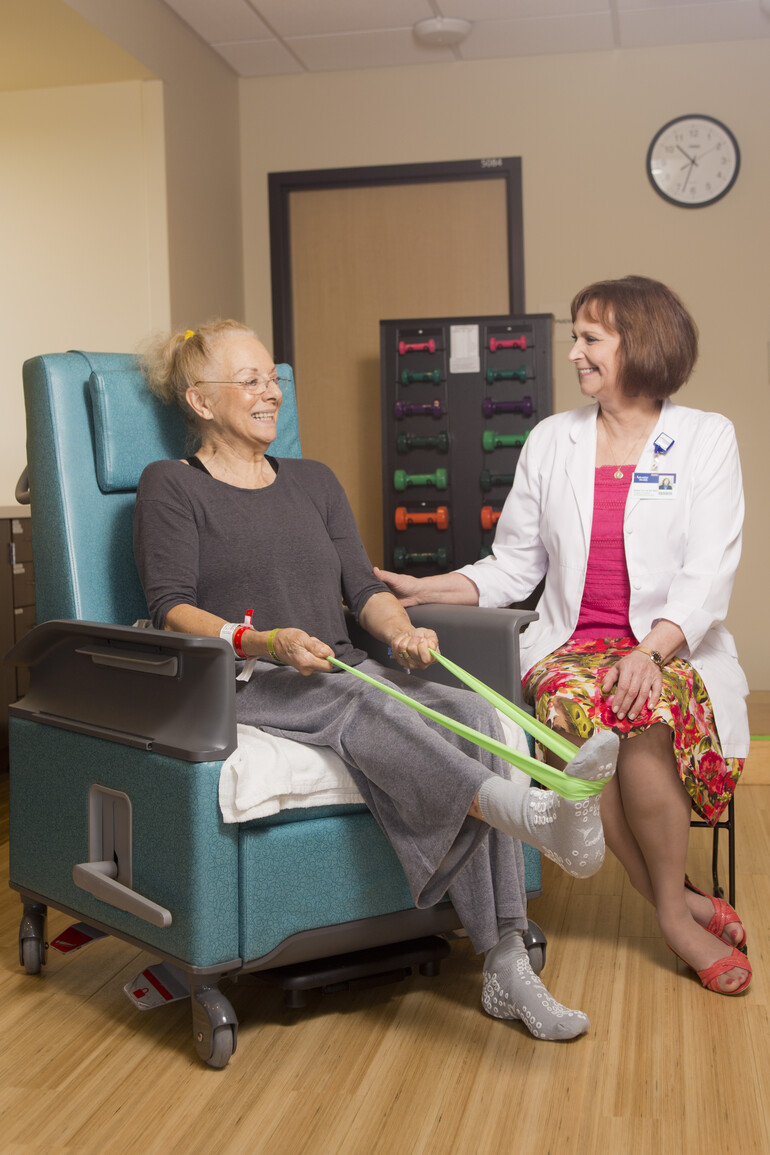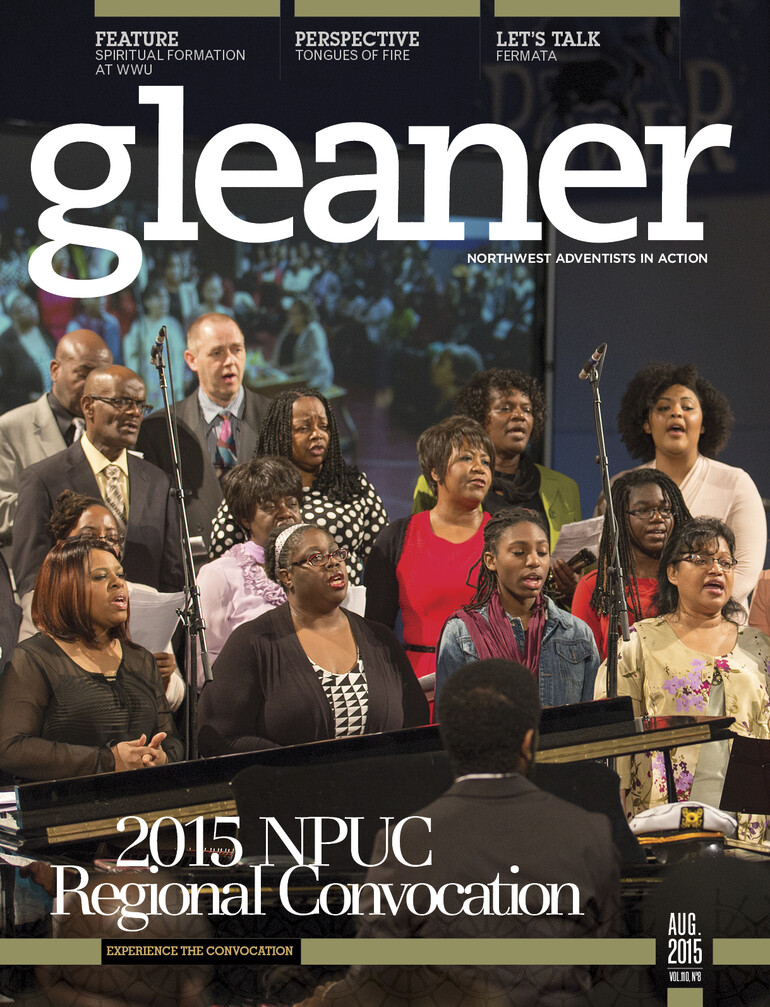Patients and visitors who walk into any of the Adventist Health hospitals in the Pacific Northwest are greeted with warm, friendly smiles. But there are some patients who arrive in the early morning hours who are greeted not just with a helpful smile, but by the face of a friend.
“I tell people that I’m part educator, part grandma and part boot camp sergeant,” jokes Renee Novak, an orthopedic nurse navigator at Aspire Orthopedic Institute in Portland, Ore. Except she’s not really joking.
Nurse navigators are a helping hand, a communication hub, an expert clinical resource and a friend to lean on. You might even call them personal guardian angels. They provide education and proactive assistance to guide patients through every step of their medical care and recovery. Nurse navigators also know the very first step is often addressing the emotional needs of the patient — many times even before the patient is a patient. Novak frequently chats with individuals who need a joint replacement but haven’t committed to the procedure.
“Hospitalization and surgery can be stressful for patients and their loved ones, even when it’s a planned surgery. People are afraid of the process, the surgery itself, and are often anxious about the recovery process,” Novak says. “I understand their fears and can provide information to help guide their decision or prayers to help comfort them. Sometimes they just need to talk things through.”
Nurse navigators are not only advocates and resources for the patients, they are also a communication bridge between disciplines such as nursing, rehab, physicians and health plans. A dynamic multidisciplinary care team working together improves the care that orthopedic patients receive.
“One of my main goals is to make sure each patient is prepared for their surgery and recovery physically, mentally and emotionally,” says Lauri Rootvik, an nurse navigator at Walla Walla General Hospital in Walla Walla, Wash. “One of the best ways I’ve found to do that is through building a personal relationship with each of my patients.”
The orthopedic nurse navigator has the opportunity to establish a strong connection with patients and their care partners weeks before their scheduled surgery by providing preoperative education and checking in with patients and their families frequently, even after they go home.
“Renee was a very pleasant face and one that I recognized. It is indeed a source of comfort to see someone who told you ahead of time that things should go well, and then checks up to see if they did,” says Daniel Beeghly, who had a hip replacement at Adventist Medical Center in Portland, Ore. in May. “I attended the preoperative education class and learned what to expect. Then she came to see me several times during my hospital stay and even called more than once to check on me after I returned home. She was with me and my wife every step of this journey. In fact, I’m not sure how we could have walked it without her.”












